Related Research Articles
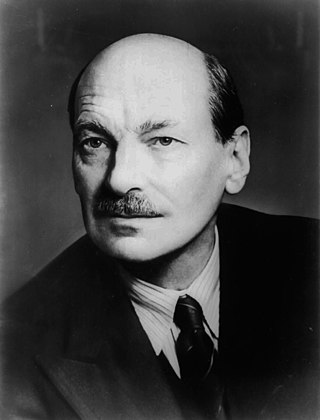
The 1945 United Kingdom general election was a national election held on Thursday 5 July 1945, but polling in some constituencies was delayed by some days, and the counting of votes was delayed until 26 July to provide time for overseas votes to be brought to Britain. The governing Conservative Party sought to maintain its position in Parliament but faced challenges from public opinion about the future of the United Kingdom in the post-war period. Prime Minister Winston Churchill proposed to call for a general election in Parliament, which passed with a majority vote less than two months after the conclusion of the Second World War in Europe.
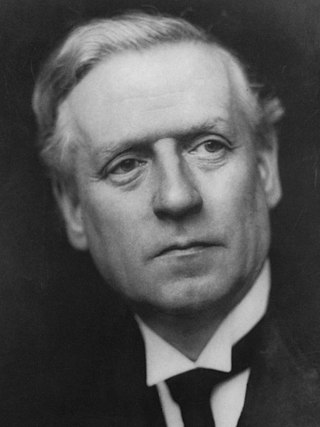
The January 1910 United Kingdom general election was held from 15 January to 10 February 1910. The government called the election in the midst of a constitutional crisis caused by the rejection of the People's Budget by the Conservative-dominated House of Lords, in order to get a mandate to pass the budget.
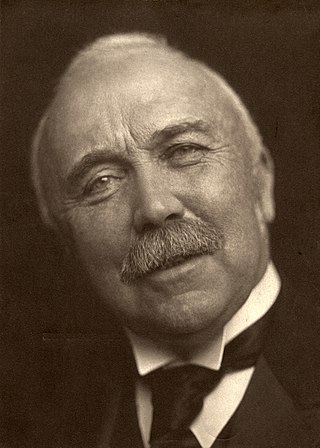
The 1906 United Kingdom general election was held from 12 January to 8 February 1906.

The leader of the Conservative Party is the highest position within the United Kingdom's Conservative Party. The current holder of the position is Rishi Sunak, who was elected to the position on 24 October, following his unopposed victory in the party's leadership election.
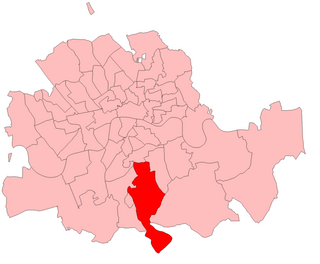
The 1906 Dulwich by-election was a by-election held on 15 May 1906 for the British House of Commons constituency of Dulwich in South London.
The Municipal Reform Party was a local party allied to the parliamentary Conservative Party in the County of London. The party contested elections to both the London County Council and metropolitan borough councils of the county from 1906 to 1945.
The 1906 Cockermouth by-election was a by-election held on 3 August 1906 for the British House of Commons constituency of Cockermouth.
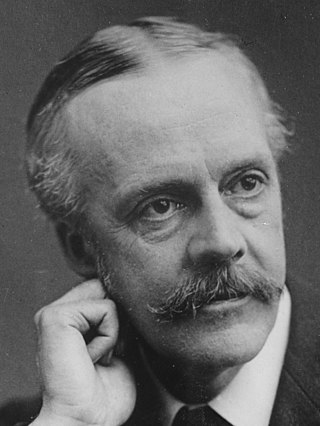
The February 1906 City of London by-election was a parliamentary by-election held on 27 February 1906 for the British House of Commons constituency of City of London, which covered the "Square Mile" which was the United Kingdom's traditional financial district.
The Hastings by-election was a Parliamentary by-election held on 3 March 1908. The constituency returned one Member of Parliament (MP) to the House of Commons of the United Kingdom, elected by the first past the post voting system.

The 1908 Peckham by-election was a parliamentary by-election held for the British House of Commons constituency of Peckham in the Metropolitan Borough of Camberwell, London on 24 March 1908. The seat was won by the opposition Conservative Party candidate, a gain from the Liberal Party who had won a large majority at the 1906 general election.
The West Ham North by-election was a Parliamentary by-election which was held on 8 July 1911. It returned one Member of Parliament (MP) to the House of Commons of the Parliament of the United Kingdom, elected by the first past the post voting system.
The Chelmsford by-election was a Parliamentary by-election held on 1 December 1908. The constituency returned one Member of Parliament (MP) to the House of Commons of the United Kingdom, elected by the first past the post voting system.
The Glasgow Central by-election was a Parliamentary by-election held on 2 March 1909. The constituency returned one Member of Parliament (MP) to the House of Commons of the United Kingdom, elected by the first past the post voting system.
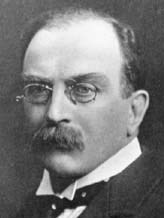
The Cambridge University by-election was a Parliamentary by-election held on 11-16 February 1911. The constituency returned two Member of Parliament to the House of Commons of the United Kingdom, elected by the first past the post voting system.
The Gravesend by-election was a Parliamentary by-election held on 7 June 1918. The constituency returned one Member of Parliament (MP) to the House of Commons of the United Kingdom, elected by the first past the post voting system.
The Banffshire by-election was a Parliamentary by-election held on 16 February 1907. The constituency returned one Member of Parliament (MP) to the House of Commons of the United Kingdom, elected by the first past the post voting system.

The St George's, Hanover Square by-election of 1906 was held on 15 June 1906. The by-election was held due to the resignation of the incumbent Conservative MP, Heneage Legge. It was won by the Liberal Unionist candidate Alfred Lyttelton, who was elected unopposed.
The Basingstoke by-election was a Parliamentary by-election held on 12 March 1906. The constituency returned one Member of Parliament (MP) to the House of Commons of the United Kingdom, elected by the first past the post voting system.
Elections to Liverpool City Council were held on 1 November 1906.
Elections to Liverpool City Council were held on Wednesday 1 November 1905.
References
- ↑ House of Commons [Usurped!]
- ↑ Page 9, British Parliamentary Election Results 1885-1918, edited by F. W. S. Craig